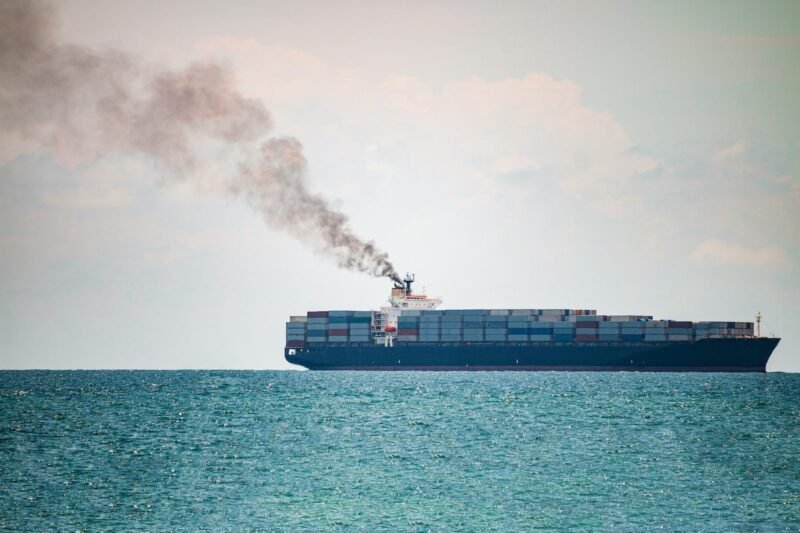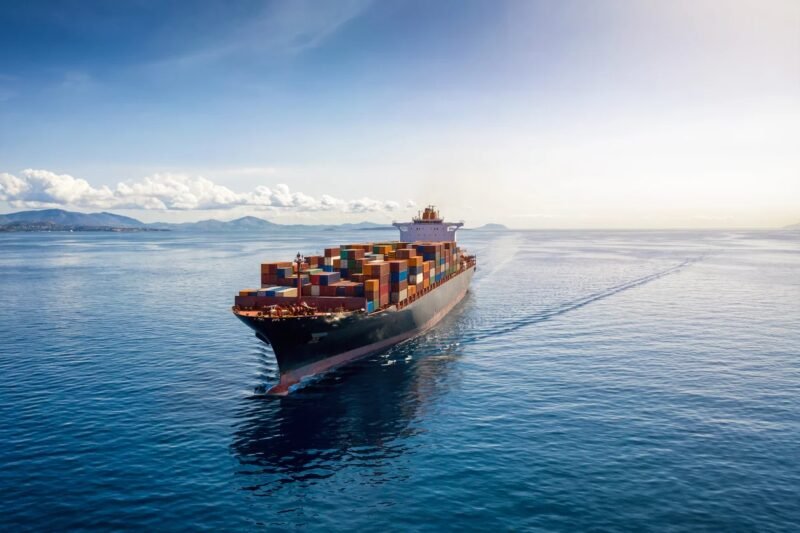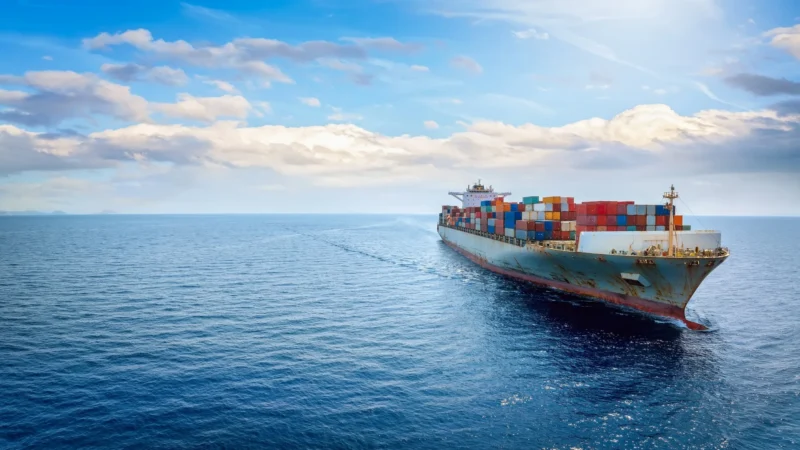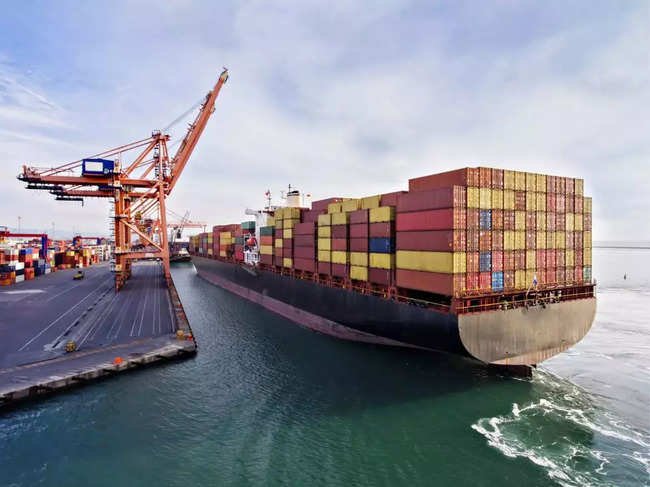The global shipping industry is falling behind in its goal to have five percent of all fuels be zero-emissions by 2030, according to a report by the UCL Energy Institute, the UN Climate Initiative, and the Getting to Zero Coalition. With the industry currently accounting for three percent of global greenhouse gas emissions, urgent action is needed to meet the target. The report, titled “Progress Towards Shipping’s 2030 Breakthrough,” reveals that progress towards this goal is slow, with only eight out of 35 necessary actions on track.
Key challenges highlighted in the report include the limited supply of scalable zero-emission fuel (SZEF) to meet future demands, the insufficient number of SZEF-capable vessels in the current order backlog, and a decrease in funding for SZEF-related activities. Dr. Domagoi Baresic from the UCL Energy Institute emphasizes that achieving widespread adoption of zero-emission fuels by 2030 requires immediate and significant action from policymakers, fuel suppliers, and the shipping industry.
Despite these challenges, the report stresses that the 2030 target is still reachable with increased effort. Stakeholders in the shipping industry need to ramp up their decarbonization efforts to achieve the necessary transition to a 1.5-degree climate pathway. As global trade is expected to grow substantially by 2050, the report serves as a crucial warning to all parties involved in shipping and a call to action to prioritize decarbonization.


















